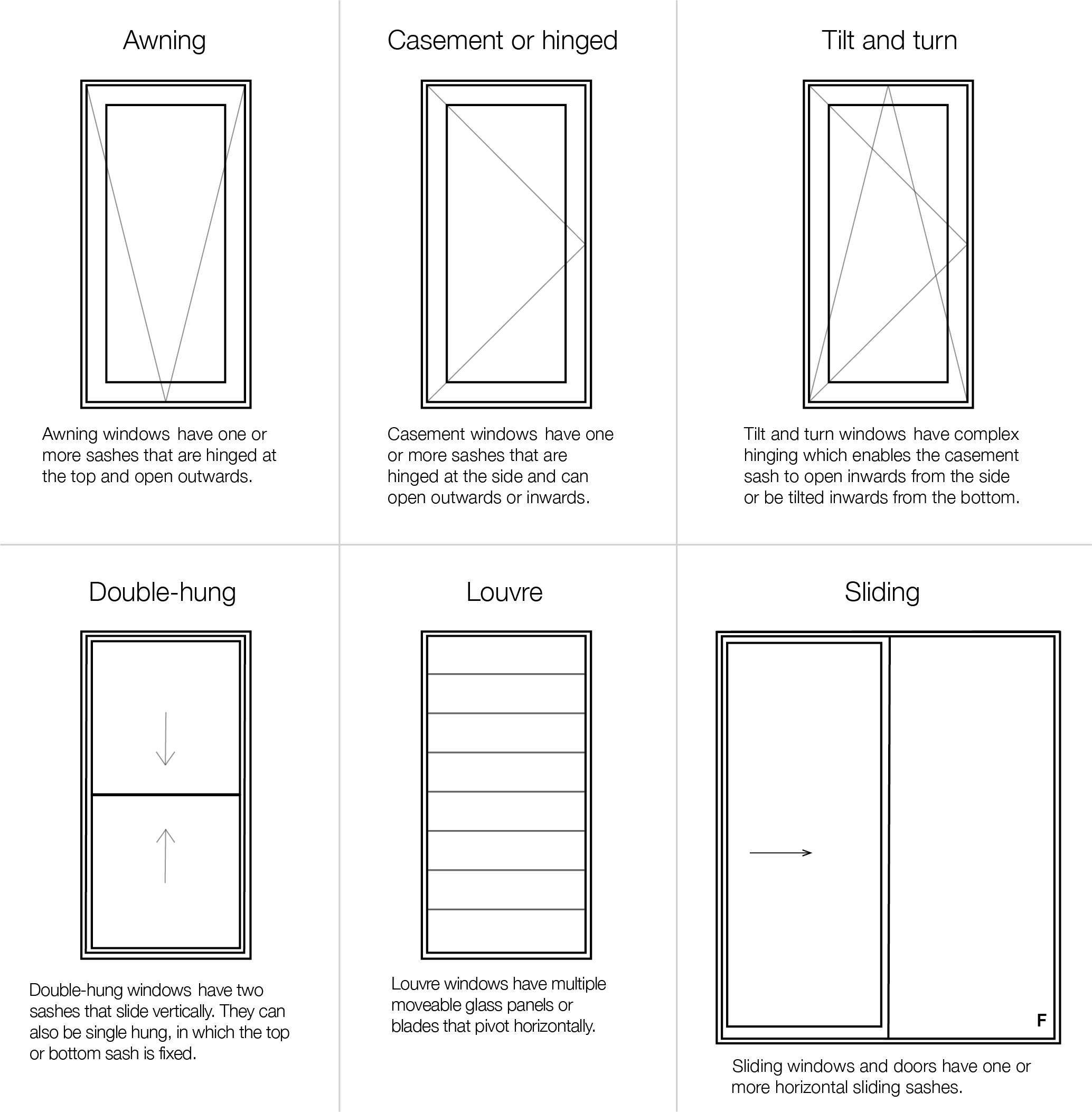All Categories
Featured
Table of Contents
Glass & Glazing - Easy Windows Upvc Double & Triple ... in Carlisle WA
That window can transfer more solar heat in winter season than in summer. A west-facing window on a summertime's afternoon has an angle of occurrence from near 0 up to 30 with a big reliable location of solar radiation. A north-facing window, in summer season, has a high angle of occurrence and a low efficient area of solar radiation, so can send less heat than a west-facing one.

However you can rapidly and quickly improve the thermal efficiency of your home by replacing your windows. This is one of the most reliable methods of renovation to attain enhanced thermal comfort. There are thousands of types of glass and frames to pick from. Picking the right ones is necessary to improving the energy performance of your home.
Does Double Glazing Keep Heat Out in Churchlands WA
There are several types of glass items to pick from. Single glazing utilizes a single pane of glass. Single glazing with clear glass is not very effective when it concerns heat loss or gain. To enhance efficiency, you can use single glazing with a more energy-efficient type of glass such as low emissivity (low-e) glass.
The energy performance of IGUs also depends on: the homes of each layer of glass. Various glass types (for example, clear and low-e glass) can be put together in an IGU.
Double Glazing Versus Secondary Glazing in Brookdale Western Australia

IGU cavities can be filled with air or a more inert, low-conductivity gas such as argon the width of the cavity. Larger cavities supply lower (much better) U values, with 12mm typically accepted as the favored space how well the cavity is sealed.
If argon is set up to the cavity in place of air, moisture is reliably excluded the level of desiccant (drying representative). The spacer (metal or polymer strip) that separates the glass layers includes a desiccant to absorb any wetness. Inadequate desiccant may trigger moisture to condense on the glass surface area in cold conditions, decreasing thermal performance.
Double Glazing Perth in Hocking WA
In truth, IGUs can provide better energy performance for all climates, particularly in heated and air-conditioned homes. Cross-section information of single, double and triple-glazing units Low emissivity glass (frequently known as low-e glass) decreases heat transfer. Low-e glass may be either high or low transmission: High transmission low-e glass has a covering that enables daytime from the sun to pass into your home to attain great solar heat gain, however reduces the quantity of the long wavelength infrared heat that can escape back through the window.
Low-e glass has either a pyrolytic coating or a vacuum-deposited thin movie metal coating. Pyrolytic finishings are resilient and can be utilized for any glazing; vacuum-deposited finishes are soft and are only used within IGUs. Low-e finishings can substantially enhance both U value and SHGC; however, they need to be used correctly or they will either weaken or fail to carry out as required.
Double Glazing - Windows - Doors in Ardross Western Australia
Low-e coverings can be used in mix with clear, toned or reflective glass. Low-e coatings on glazing can lower heat transfer where needed Image: Department of Market, Science, Energy and Resources Toned glass has colouring additives consisted of throughout manufacture. It is readily available in different colours, normally bronze, grey, blue and green.
Table of Contents
Latest Posts
Blown Double Glazing & What To Do About It in Mundijong Western Australia
What Are The Advantages Of Double Glazed Windows? in Queens Park WA
Double Glazing Versus Secondary Glazing in Marmion Western Australia
More
Latest Posts
Blown Double Glazing & What To Do About It in Mundijong Western Australia
What Are The Advantages Of Double Glazed Windows? in Queens Park WA
Double Glazing Versus Secondary Glazing in Marmion Western Australia